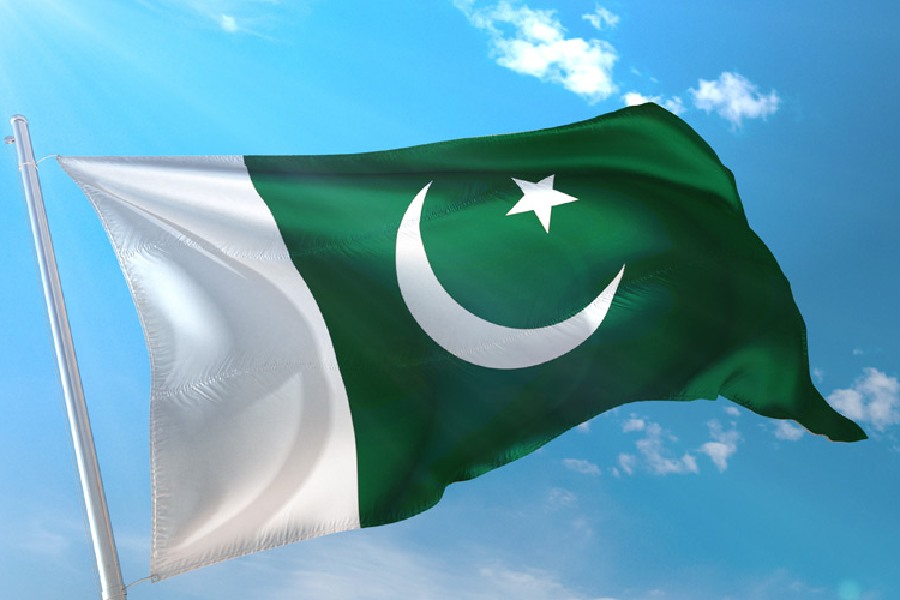Pakistan stock market on Monday saw its highest single-day-point surge and the Pakistani rupee made gains against the dollar after the International Monetary Fund and the country's government reached a staff-level agreement to inject USD 3 billion into the nation's ailing economy.
On Monday, the Pakistan Stock Exchange closed at 43,899 points, up 2,446.32 points from Friday’s close of 41,452.68.
"Historic day-on-day gain witnessed at PSX today (Monday) with KSE-100 increasing by 2,446 points and closing at a 14-month-high,” said Arif Habib Ltd, a leading stock brokerage house.
He said: "On a DoD basis, it displayed the best performance ever. In the last three trading sessions KSE-100 has increased by 3,834 points (+9.57%)”.
The Pakistan government and the International Monetary Fund (IMF) last week reached a long-awaited staff-level agreement to inject USD 3 billion into the ailing economy after months-long negotiations that pushed the country to the brink of default.
In a statement on Monday, Prime Minister Shehbaz Sharif congratulated the nation and the business community on the rally in the stock market, saying the economy showed signs of recovery due to the government’s "hard work and sound policies".
As stock went up, the Pakistani currency also registered a quick recovery of Rs 5 against the US dollar.
It appreciated to Rs 285 in the open market but the interbank rate was not available due to bank holidays, according to the Forex Association of Pakistan.
Malik Bostan, Chairman of the Exchange Companies Association of Pakistan (ECAP), anticipated that the value of the greenback would decrease to Rs 275 in days to come.
“We anticipate that, following the IMF agreement, Pakistan will also receive financial assistance from other global institutions which will decrease the demand for the dollar,” he said.
The IMF last week agreed to provide USD 3 billion dollars over a short period of nine months, but it gave a lot of headache to the government and virtually forced it to accept hard conditions.
The prime minister who had to make frequent contact with the IMF chief to get the loans told a meeting of the cabinet, which was chaired by him, that the entire country should make a united effort for at least next 15 years to address the country’s economic woes.
He termed the IMF agreement a "breather" but also a "moment of concern" and hoped that it would be the last loan.
"I pray that this is the last IMF deal. But this is easier said than done," he said and reminded his cabinet colleagues that inefficient state-owned enterprises were causing around Rs 600 billion in losses annually.
The PM thanked UN Secretary-General Antonio Guterres for his role in the IMF agreement as he thanked China for support during the last three months by rolling over USD 5 billion of sovereign and commercial bank loans.
He also thanked Saudi Arabia for committing USD 2 billion, and the United Arab Emirates and Islamic Development Bank for USD 1 billion each for Pakistan.
He also appreciated the role of Chief of the Army Staff General Asim Munir for his efforts to bring in the support of a total USD 3 billion from Saudi Arabia and the UAE.
Pakistan is hoping to get USD 1.1 billion from the IMF this month and the remaining amount in the next nine months. But the endorsement by the fund has opened up various multilateral and bilateral channels of loans and assistance for the country.
The deal has averted the threat of default in the short term but the country needs to take strict policy actions and measures to deal with the perennial issue of balance of payment.
Except for the headline, this story has not been edited by The Telegraph Online staff and has been published from a syndicated feed.











